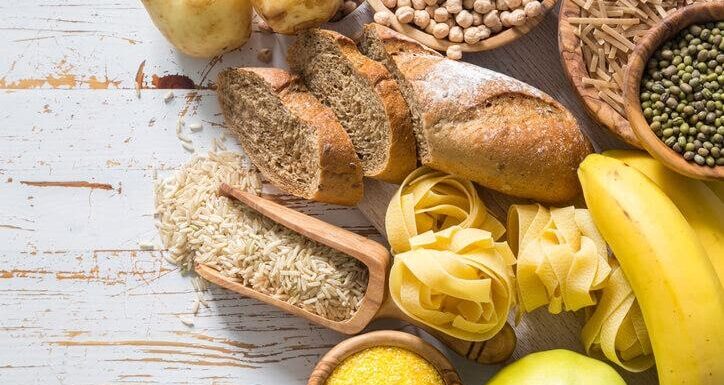
When the acid reflux becomes more than occasional heartburn, it is known as gastroesophageal reflux disease or GERD. If you have been diagnosed with GERD, the doctor has probably told you to limit or avoid citrus, chocolate, tea, mint, coffee, onions, garlic, and spicy foods. These foods have even suggested an antacid for the short-term. However, there is a great need to know some of the common mistakes you are making accidentally or intentionally.
You are eating too much in one sitting.
If you find choosing GERD-friendly foods but not making progress, it simply causes “how” and when you are eating. Too much food can wreak havoc on the system and not only cause indigestion but trigger reflux too. Not eating at regular intervals may also leave you hungry by the end of the day, as well as you’ll be more likely to over-indulge.
The fix
In order to overcome this issue, there is a great need to take smaller meals, spaced evenly throughout the day. A good rule of thumb and Eat every 3 to 4 hours means being mindful when you order a veggie and a grain bowl at a cafe or restaurant: the veggie bowl includes the healthiest of ingredients.
You include too much fat in your meals
Avocado has become all the rage, and eating half or a whole avocado in one sitting can also be way too much. The portion should be just ⅕ to ⅓ of a medium avocado. It is essential to keep in mind that the fat takes longer to digest and that eating high-fat meals will stay in the stomach longer, promoting more risk for reflux later on.
The fix
Be mindful of the overall fat intake. If you are serving up two vegetables at a single meal, it is recommended to choose one steamed and the other lightly sautéed. Limit the intake of avocado to no more than ⅓ at a time. However, if you want complete guidance on portion control by Keto diet, you can know the complete guide.
You aren’t getting enough fiber.
So, you have included more fruits and vegetables, but you aren’t getting any positive results. It’s easy to add more fruits in the diet as they include healthy vitamins, antioxidants, minerals, and some fiber. Vegetables, on the other hand, are trickier. You should include leafy greens and non-starchy vegetables. Moreover, whole grains and legumes are also as important.
The fix
It is recommended to add more fiber into the diet by varying your plant food sources such as whole grains, leafy greens, legumes, and other non-starchy vegetables. There is a great need to add high-fiber whole grains freekeh, quinoa, oats, and brown rice.
You aren’t drinking enough water
Fiber plays an essential role in regularity, and meeting the goal of 25 grams of fiber per day if you are a woman and 38 grams per day if you are a man is recommended. However, if you aren’t drinking enough water, you can become backed up and constipated. When the intestines are blocked up and the bowels aren’t moving, you feel bloated and increased gastric pressure that is a risk factor for Gerd. If you want further info, visit this link.
The fix
Make sure you are drinking 8 to 10 glasses of water per day. Start with 1 to 2 glasses of water in the morning when you take your supplements and stay hydrated throughout the day by spacing out this drinking, so it is manageable and realistic.
You are eating too late in the day
Once you have eaten, there is a need to rest at least three hours before reclining. Otherwise, gravity can cause reflux if you lay down too soon. Eating late may not only give you adequate time to start digesting the food before you find it is ready to hit the sack.
The fix
Always give yourself at least 3 to 4 hours from your last bite until lying down in bed. Moreover, plan to start all the evening meals earlier in the evening. Bedtimes may fluctuate/ so, try to finish your meal as soon as 5 p.m.

